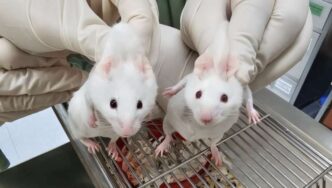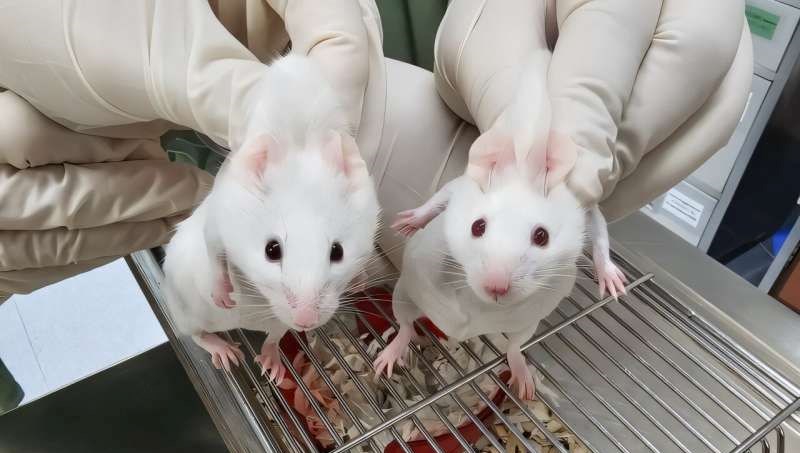An international research team has succeeded in producing mouse stem cells using genetic material taken from a single-celled organism. This discovery has created great excitement in the scientific world and marks a new era in the fields of evolutionary biology and medicine.
An exciting discovery has been made in the world of science. An international research team has succeeded in producing mouse stem cells using genetic tools obtained from single-celled organisms, the evolutionary ancestors of animals. It has been shown that these stem cells can be transformed into fully developed mice. The research was carried out in collaboration with Dr. Alex de Mendoza from Queen Mary University of London and scientists from the University of Hong Kong. The team used genes found in single-celled organisms called collared flagellates, which are close relatives of animals. These genes are similar to the Sox and POU genes, which play a critical role in embryonic development, and play a key role in the formation of pluripotent cells, cells that can develop into all body cells. The discovery could have profound implications not only for evolutionary biology but also for regenerative medicine. “We have managed to create mice using genetic material from our single-celled relatives,” Dr. de Mendoza said. “This finding shows that the evolutionary history of stem cells goes back much further,” he said. The research could help develop new stem cell treatments in the future, and even repair damaged tissue. It also provides a new perspective in the scientific community by showing that the Sox and POU genes are important not only for animals but also for previously single-celled organisms.













